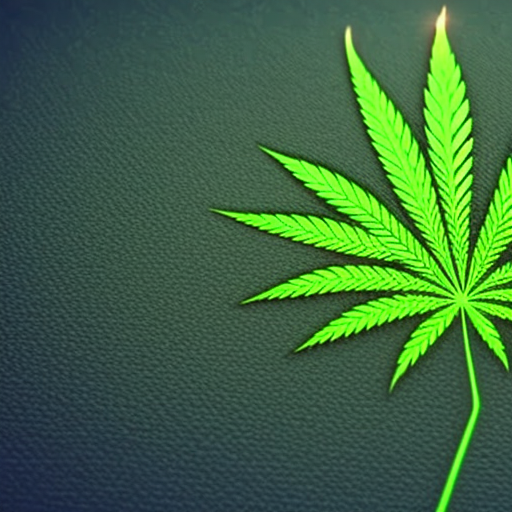 A newly published study has shed light on the influence of intoxicating substances on sexual encounters, specifically comparing the effects of alcohol and marijuana. The study, conducted by a team from the University of Huelta and University of Cordoba in Spain, involved an online survey of 483 individuals who had previous experience with both alcohol and cannabis.
A newly published study has shed light on the influence of intoxicating substances on sexual encounters, specifically comparing the effects of alcohol and marijuana. The study, conducted by a team from the University of Huelta and University of Cordoba in Spain, involved an online survey of 483 individuals who had previous experience with both alcohol and cannabis.
The findings from this study suggest that while alcohol may “facilitate” the initiation of sexual encounters by inducing feelings of increased attractiveness, extroversion, and desire, marijuana appears to excel in enhancing sexual sensitivity and satisfaction. Participants were asked to provide feedback on how the consumption of alcohol or cannabis influenced their sexual experiences.
An interesting discovery from the study was that a significantly higher percentage of respondents reported that marijuana improved their sexual experiences compared to those who said alcohol had a positive impact. In particular, individuals noted that marijuana made them feel more sensitive and sexually satisfied during encounters. Additionally, many participants stated that consuming cannabis had no effect on their sexual experiences, while fewer said the same about alcohol.
The study also explored the duration of sexual encounters under the influence of alcohol versus marijuana. It was observed that when consumed more frequently, alcohol was associated with longer sexual encounters compared to cannabis. However, among individuals who consumed these substances less frequently, there was no significant difference in the duration of sexual activities between alcohol and cannabis use.
Interestingly, despite the perceived benefits of alcohol and cannabis on sexual experiences reported by some participants, a majority expressed a preference for engaging in sexual activities without being under the influence of these substances. This highlights a common sentiment among survey respondents who indicated a general aversion to using drugs during intimate encounters.
While the results of this study contribute valuable insights into the comparative effects of alcohol and cannabis on sexual experiences, the authors emphasized caution in interpreting the findings due to limitations in the survey methodology. Nonetheless, these findings align with existing research suggesting potential benefits of cannabis consumption on sexual function in certain contexts.
A recent scientific review published in Psychopharmacology delved into the complex relationship between marijuana and human sexuality. The review highlighted that cannabis use is commonly associated with increased sexual desire and enjoyment, as well as more frequent sexual activity. Notably, lower doses of marijuana were proposed as potentially optimal for enhancing sexual satisfaction, while higher doses could lead to diminished desire and performance.
Advocates have pointed to the potential benefits of cannabis in improving sexual function in women, raising considerations for including conditions such as female orgasmic disorder (FOD) as qualifying conditions for medical marijuana. However, studies have yielded conflicting results regarding cannabis’s impact on male sexual function, with some suggesting adverse effects like erectile dysfunction or premature ejaculation.
In conclusion, while research continues to explore the intricate interplay between intoxicating substances like alcohol and marijuana on human sexuality, it is evident that these substances can have varying impacts on individuals’ sexual experiences. Understanding these nuances is crucial in informing discussions around substance use and its implications for sexual health and satisfaction.

